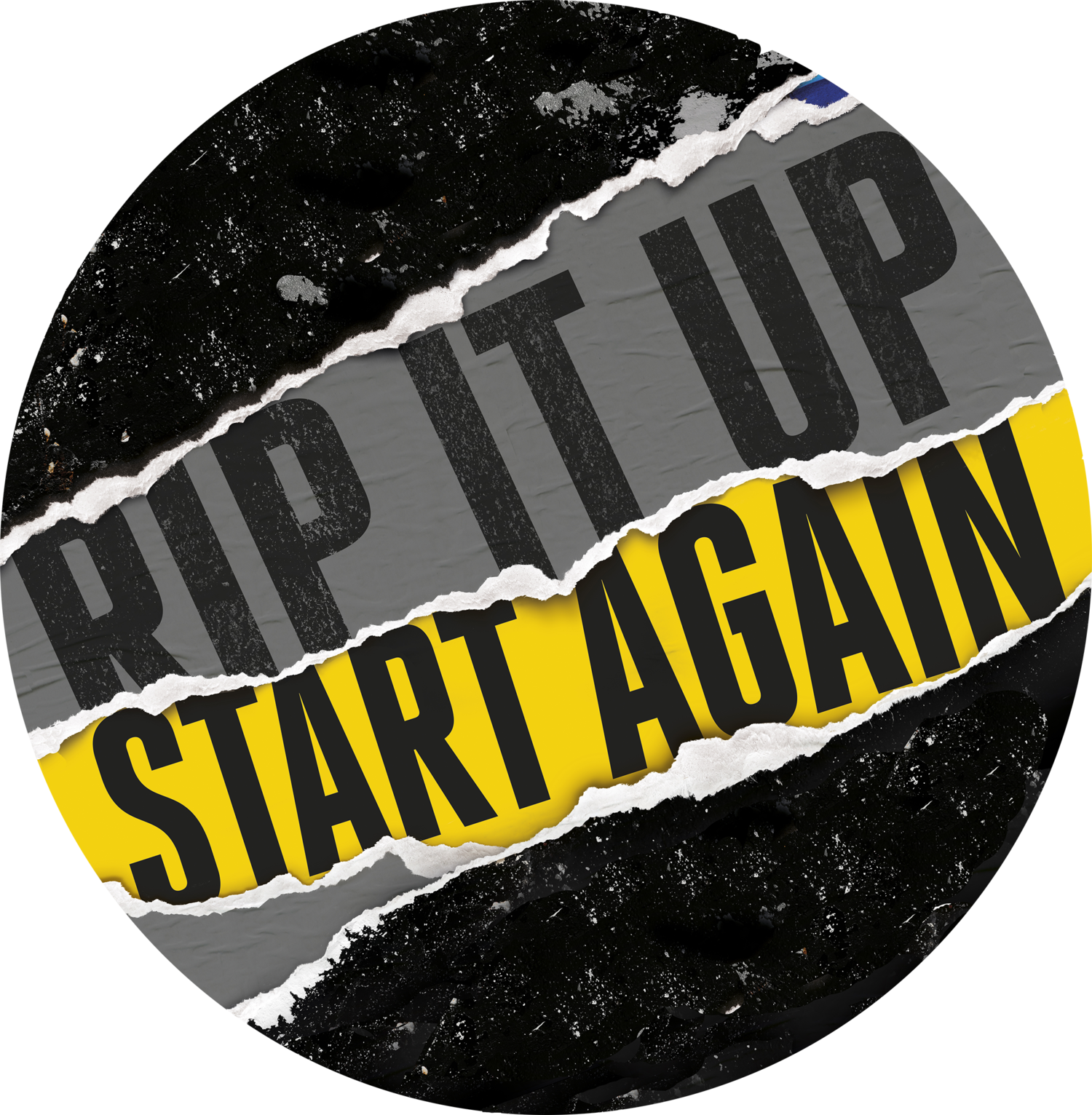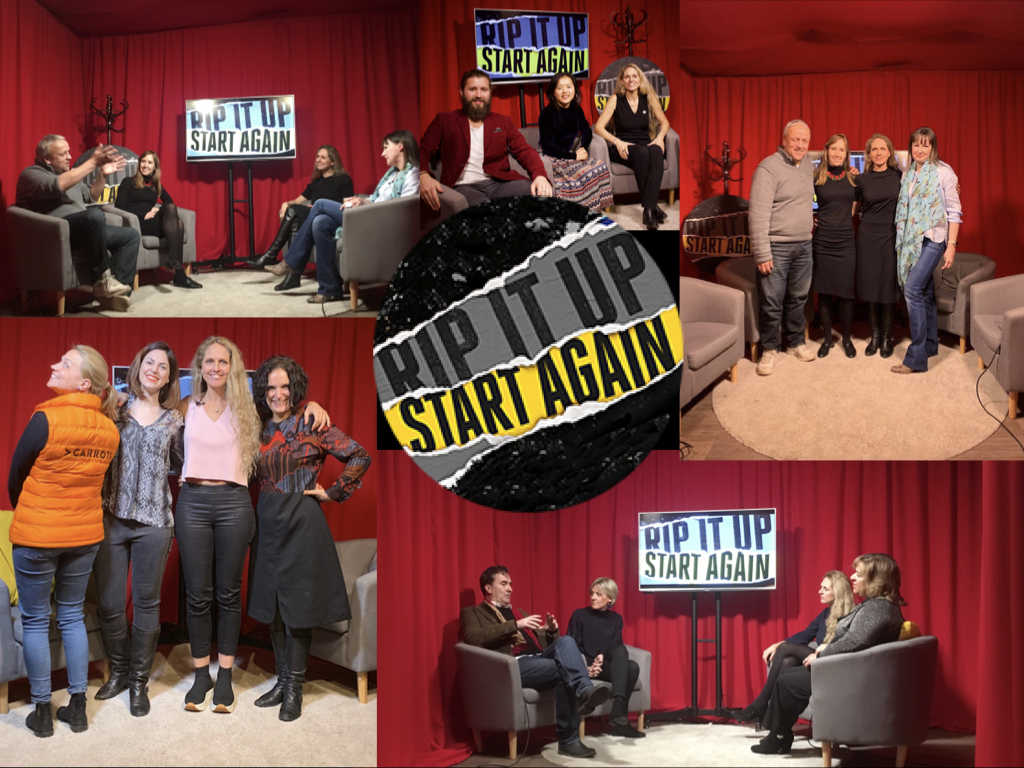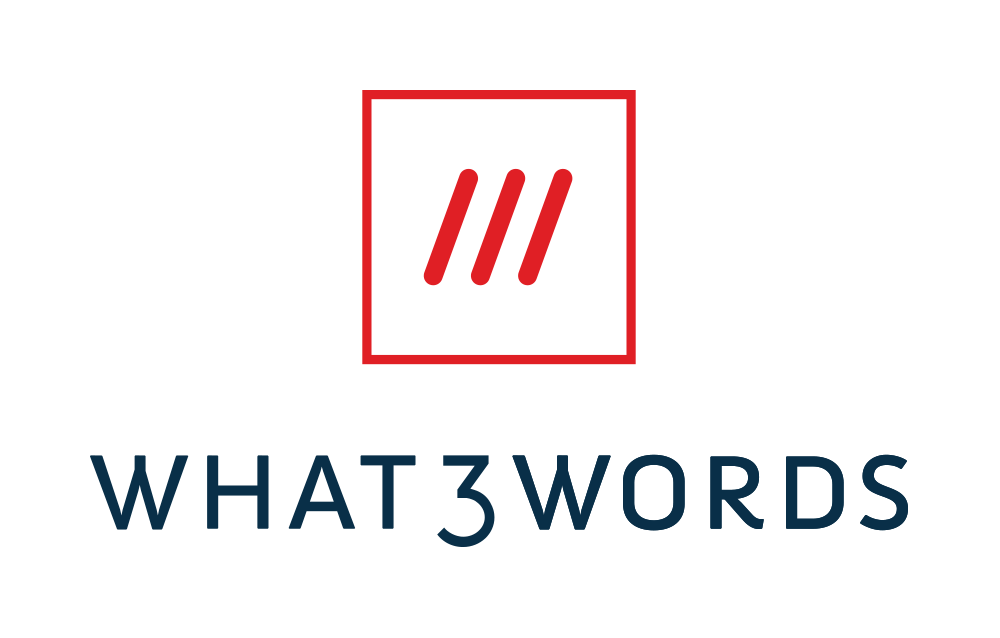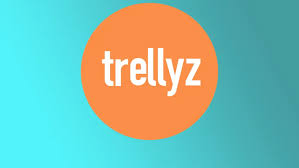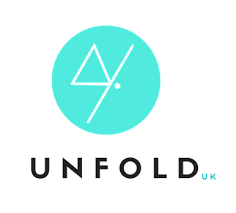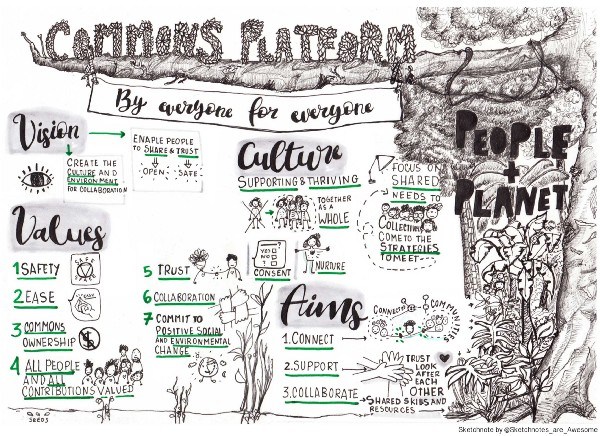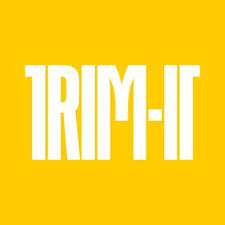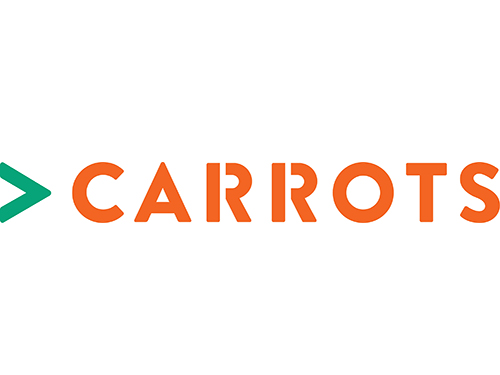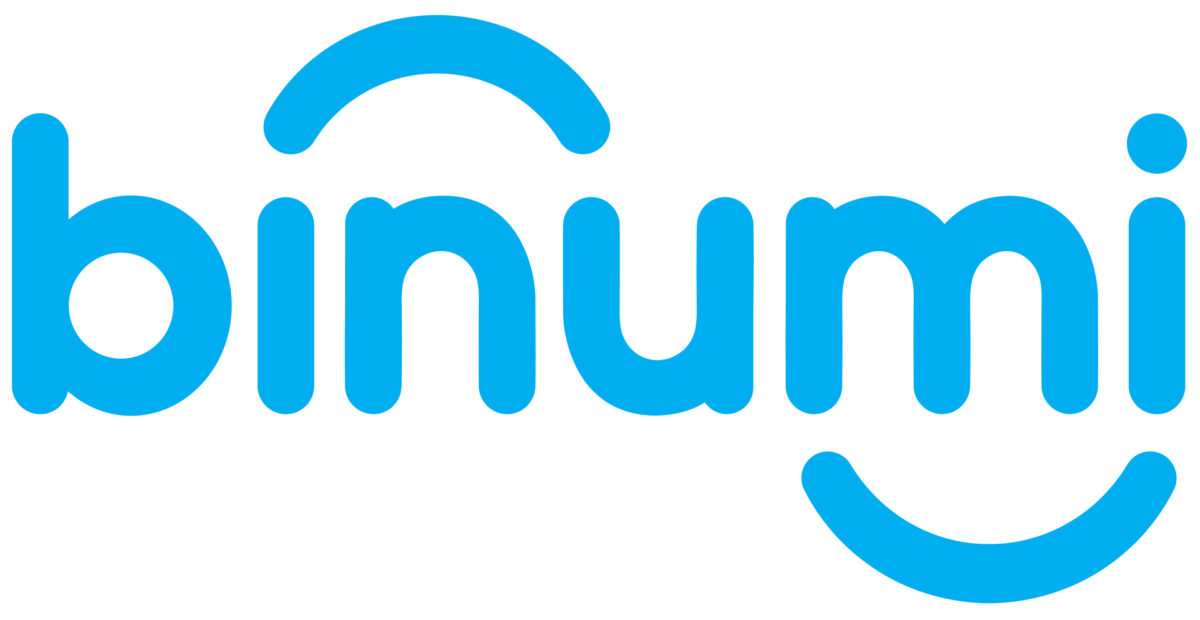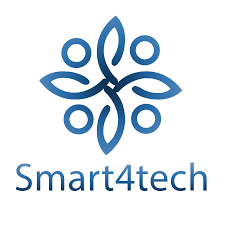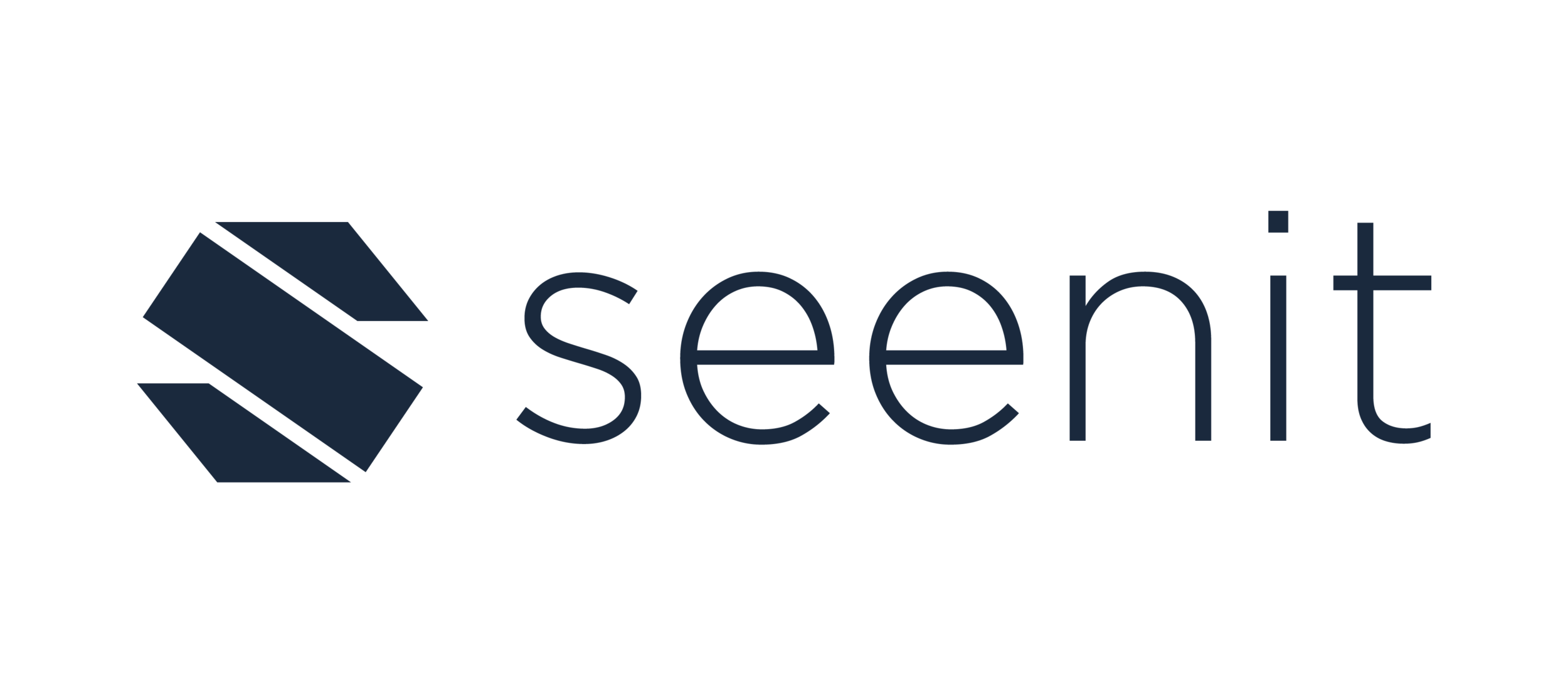Round 1: CitizenMe | AnyGood? | Peeple
/Rip It Up have partnered with Disruptive.live to bring you live pitches from some of the most exciting startups right now. Hosted by Lulu Laidlaw-Smith, this televised event includes a series of five-minute investment pitches from entrepreneurs followed by an interactive Q&A. At the end of the episode, users get to vote for which startup they would invest in. This crowdsourcing approach gives a unique insight into what consumers want – and which startups could be the next unicorn. Winners are announced every quarter!
PITCH #1
StJohn Deakins | CitizenMe
CitizenMe puts you back in control of your own data. The new platform allows you to own and bring value to your data, and gives brands access (with your permission). The Founder, StJohn, worked for the likes of British Airways and T-Mobile before spending the noughties getting people online. After selling his company, he asked himself two questions: “What can I do to have an impact on the lives of my two daughters?” and “What are the big things that will happen over the next 20–30 years?” The answer to both was “The Internet”. This makes sense when you consider that we’re moving into a decade where we have seven billion people connected online – not to mention social media, AI, VR, and the IoT. Our data fuels all of this. It’s a trillion-dollar industry with a fundamental problem and no easy way forward. The solution? In 2014, CitizenMe set the wheels in motion with an application that lets people lock down their data, see which apps are doing good and bad things, and shut down anything untoward. In theory, this was a brilliant idea – but the problem was retention. Who wants more admin in their lives? No thanks! After reading a bunch of customer feedback and looking into behavioural research, StJohn swapped the hassle for ease and value. He ended up with an application that allows people to complete activities to generate data and allows brands to talk to different sections of real users in real time and have conversations about that data. Sounds confusing? It’s not, and the proof is in their growth. CitizenMe now has over 100,000 citizens and is growing at 3% per week.
THE PITCH #2
Juliet Eccleston | AnyGood?
Want a quick way to drop £61,700? Hire a contractor for six months – and pay the agency that sum as a finder fee. This was the situation Juliet was in, and one of the reasons that triggered her to start a platform that allows professionals to recommend each other for roles. No more inflated fees, conflict of interest, poor quality of candidates, mountains of CVs, or general inefficiency. Most of all there needed to be trust. This might sound like a big ask. A decade ago, we wouldn’t get into cars with strangers or hire someone we don’t know to walk our dog. Now we do both of those things. Somehow, we have moved from trusting large corporates to trusting individuals. Juliet took her experience running change programs for Egg and applied this to AnyGood? She built a platform from the ground up that would encourage trust and hold people accountable for their recommendations. Clients have the opportunity to rate each recommendation – just like you would rate an Uber driver. There’s no platform fee or percentage margin for clients. If a client shares a role and a member recommends someone (and the client then decides to hire them), there’s a fixed fee of £6,500. Even better, £1,500 of that fee goes to the member who made the recommendation. It’s a system that is already showing signs of promise. Through leveraging a network of professionals, there’s a natural diversity of candidate backgrounds, industries and experiences. AnyGood? is bringing fairness and transparency to the recruitment industry.
THE PITCH #3
Julia Cordray | Peeple
The company that inspired a Black Mirror episode. Peeple allows the rating of individuals and gives each of us a score – what Julia describes as a trust metric. Imagine knowing the reputation of a potential babysitter, the people who live on your street or even the barista at your local Starbucks. A fundamental rule in tech says, what can be done will be done. The first step was for Julia to speak to a lawyer to make sure this was above board. Not only did she receive the green light, but the lawyer became her first shareholder. Soon after launching, headlines hit the newspapers in Canada and Peeple went viral. But the clouds soon darkened when the story reached the US. The product wasn’t even out, and the response was terrible. Julia was bombarded by trolls online and even received death threats. Why were people so scared of her idea? Julia took a step back and reviewed the product. After changing the features people didn’t like, they launched six months after the initial media storm. They grew to 40,000 users, then reached a plateau. In this darkest hour, Julia asked the question: “Why does Peeple exist?” The answer was clear – to build trust. This new mission won her a pitch conference in Silicon Valley and allowed them to rebrand as a reputation management tool. Own an amazing Airbnb to rent, but have no previous bookings? Want a dream job, but need that extra push to land the role? Want to sell on Amazon? Want to share a ride? Use your reputation to close the deal. Without this trust metric, everyone loses out.
Q&A HIGHLIGHTS
On problems solved...
StJohn Deakins: "We’re enabling the internet to work much more efficiently for everyone. The internet is really opaque. If you look at what happens with data, nobody really knows what is happening. There are massive amounts of fraud and lots of organised crime because you can make billions of dollars without anyone realising. By empowering people with their data, you can fix all of those problems really quickly. As a brand, you can talk to any audience and have a data conversation, for instance talking to people who definitely have a driving license and who are fairly conscientious, you can go and talk to those audiences. It’s anonymous by default on both sides. As a brand, you don’t need to know who the individual is, but we vouch that they are real people. So, we have this clean data rather than the old silos of data."
StJohn Deakins: "We don’t want to hold any data, that belongs to the individual. The only thing we hold at the moment is an email address. For the last ten years we have been seeing data as an asset, it’s now a liability with GDPR."
On trust...
Julia Cordray: "There’s this huge gap of trust. In a digital age, how do you build trust? There are all these new platforms coming out, these new share economy platforms and marketplaces. How are we going to trust each other? I want to make sure that you get everything you want as quickly as possible using trust. If we can get there faster and be in line with the way the world is changing in sharing these resources, doing business on a global scale, and having relationships on a global scale, I think the transparency of who each of us are in a digital world is paramount to the success of us all."
Juliet Eccleston: "There is a leap of faith from an old way of doing things to a new way of doing things. Certainly, in the recruitment industry, no matter how bad things are, there’s still quite a big leap for people to try a new way of doing things. There are many things you need to put in place to help people do that beyond transparency. As an organisation, what is your mission, what is your software and processes, what are you about? I think it’s important to prove to people that you have integrity and you have ethics, and you’re not just trying to build efficiency in, you’re actually trying to make things much better than they have been."
StJohn Deakins: "We do a trust rack and we look at the top 25 brands in the UK as part of the package we do. We see that there is a gradual decline in trust over the last year. The top 25 brands and we’re approaching 1000 people every month. It looks like we’re reaching a seminal moment where things are becoming more transparent and that is making people uneasy. That is driving a lot of the change and that could change quickly the way that we view our digital lives."
Juliet Eccleston: "It's a bit like with a car. You used to be able to lift the bonnet and see what was going on and then fix it. Now it’s a black box. It’s the same with organisations. As a client, you have to look for more indications because you can’t see what’s going on behind the scenes."
On scaling up...
StJohn Deakins: "We’re now up at around 100,000 citizens and we can grow that at around 3-5% per week, so we’re in a position now where we have clients and we have citizens. Now it’s about scaling up. All of the growth so far has been organic and we know where to spend money to grow particular audiences more quickly. We’re coming out of the test, learn and iterate stage and into the growth stage. The money we are raising is now to drive growth as quickly as possible."
Julia Cordray: We have three main revenue streams. Our main focus is on that API for the share economy with a licence to share economy companies and marketplaces. The other revenue opportunity we have is something called our Peeple Partnerships. Those are companies like AnyGood? who might want to participate with us and pull down from our platform and maybe even have a custom implementation with their product to get them further along to where they want to go. There are also new share economy companies and marketplaces that don’t even want to build a rating system, so they will use us. The third revenue model that we’re looking at is our licencing. We can licence our product out to HR directors, recruitment agencies, business owners. We will also integrate personality testing and things that are going to help people looking for talent to zoom in on users of our platform to hire them.
On validation...
Juliet Eccleston: "First, you need to recognise there is a problem within an industry – something you are trying to fix – and then continually validating every single reference point and not being precious to the original proposition. Our fundamental mission is around bringing fairness and integrity to an industry. For example, when we first set out to create AnyGood?, we brought in members to make recommendations. What we didn’t realise was that as members recommended other members to join, our network of members would grow in a way that wasn’t a representation of society. That didn’t fit with our mission and was something that would increase a problem rather than fix it. To deliver our mission we then needed to change what we were doing and engage with underrepresented groups and proactively curate the network."
Julia Cordray: "The problem we’re trying to solve is that right now your reputation is built on multiple platforms. You’re building your reputation on LinkedIn, and you’re building your reputation on Airbnb. We wanted to decentralise reputation and make sure it’s full of good quality information. We also want to make sure that information cannot be gamed, and that users are not anonymous. That’s how we plan on solving what’s currently broken with reputation platforms."
On change...
Juliet Eccleston: "I’m a technologist by trade, but I do have some nervousness around the rate at which technology is moving because I don’t think everyone is ready for it. I don’t think we really know the impact of some of these changes. It’s still good because we are exploring and learning what we are capable of. I think it allows people to see more and compare services, but you can’t always see the intent behind. There are various AI and blockchain recruitment platforms that are coming out, but how can you tell how it works? How do you know that the AI platform hasn't just discounted people from underrepresented groups because it didn’t include them in an algorithm?"
